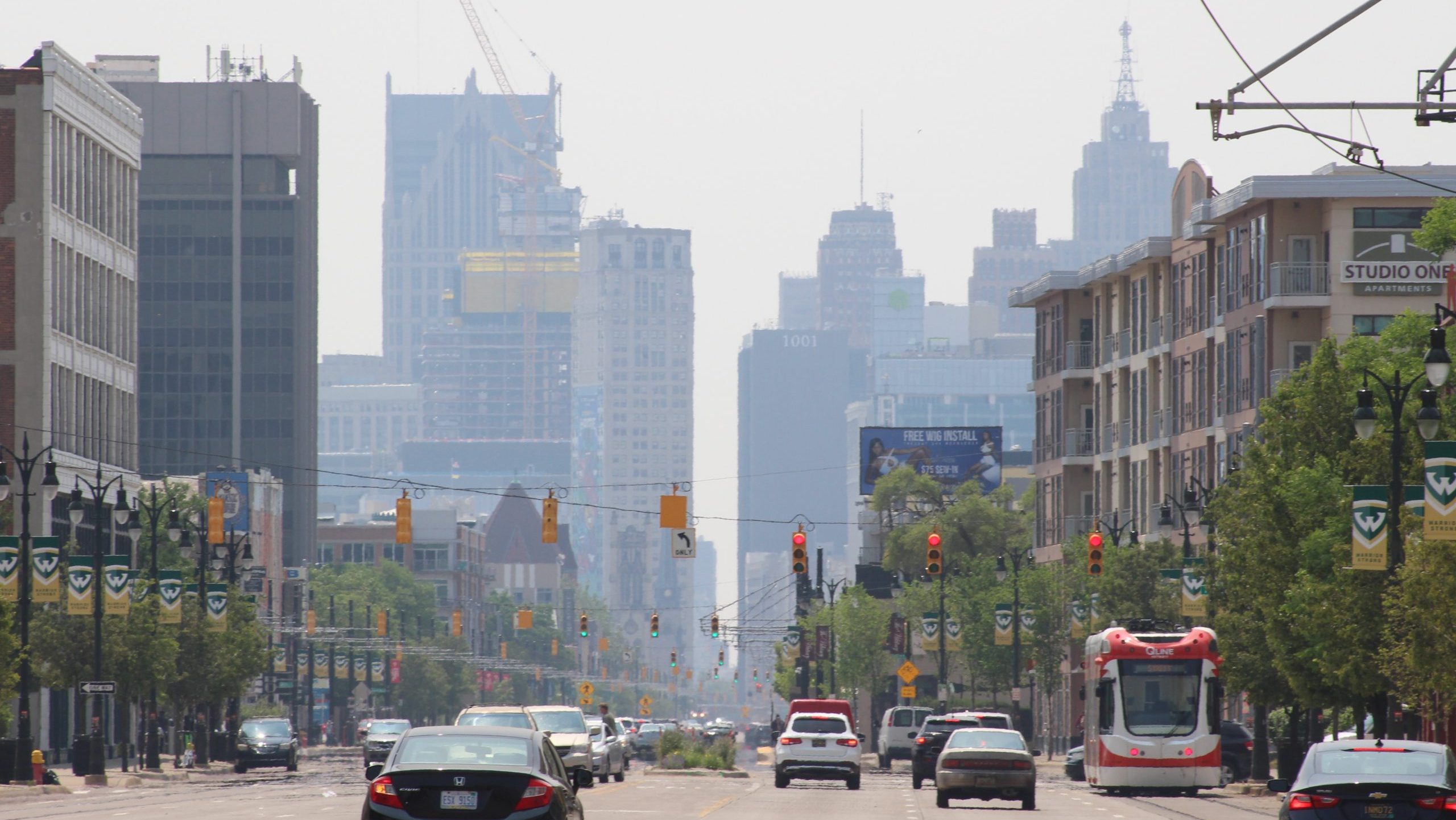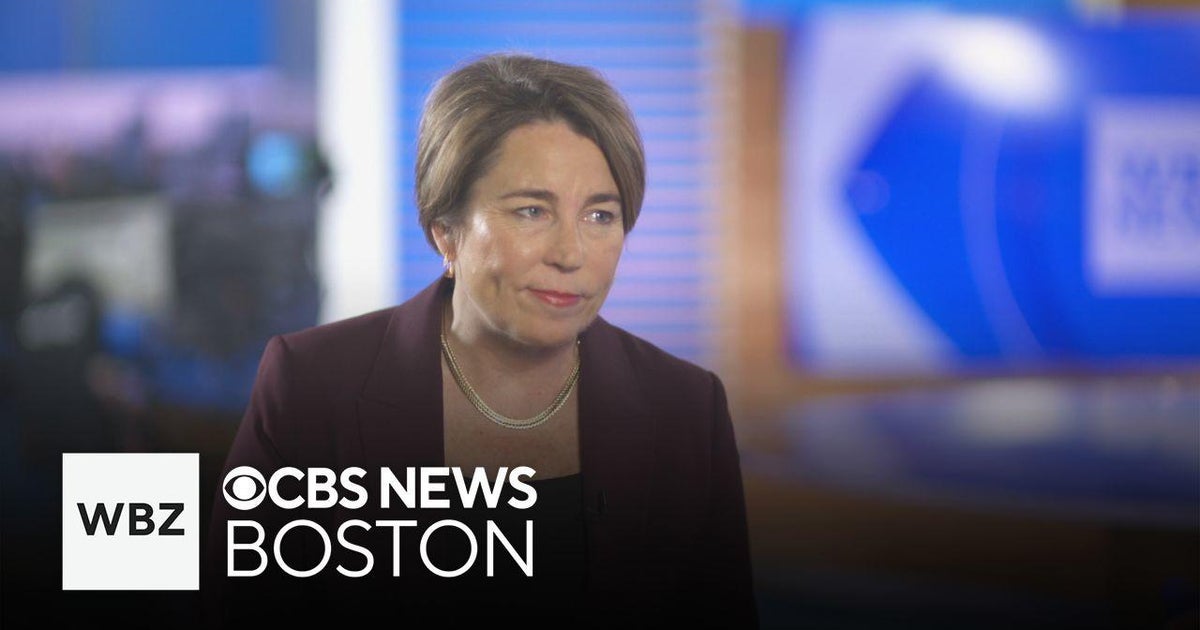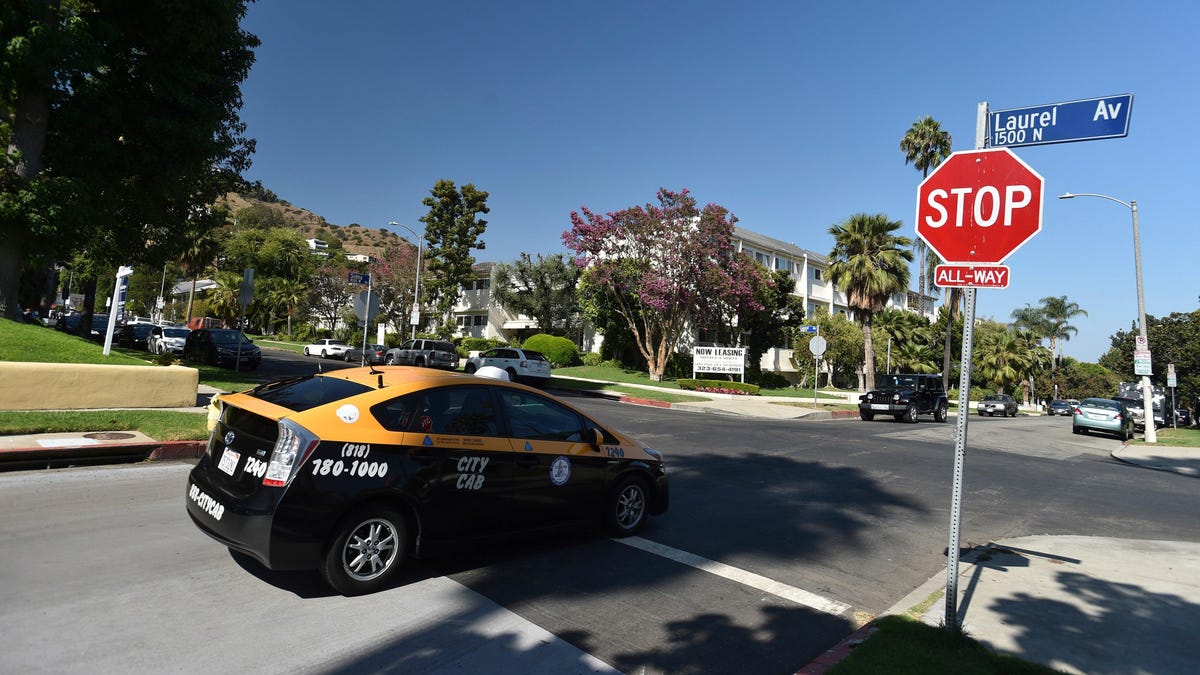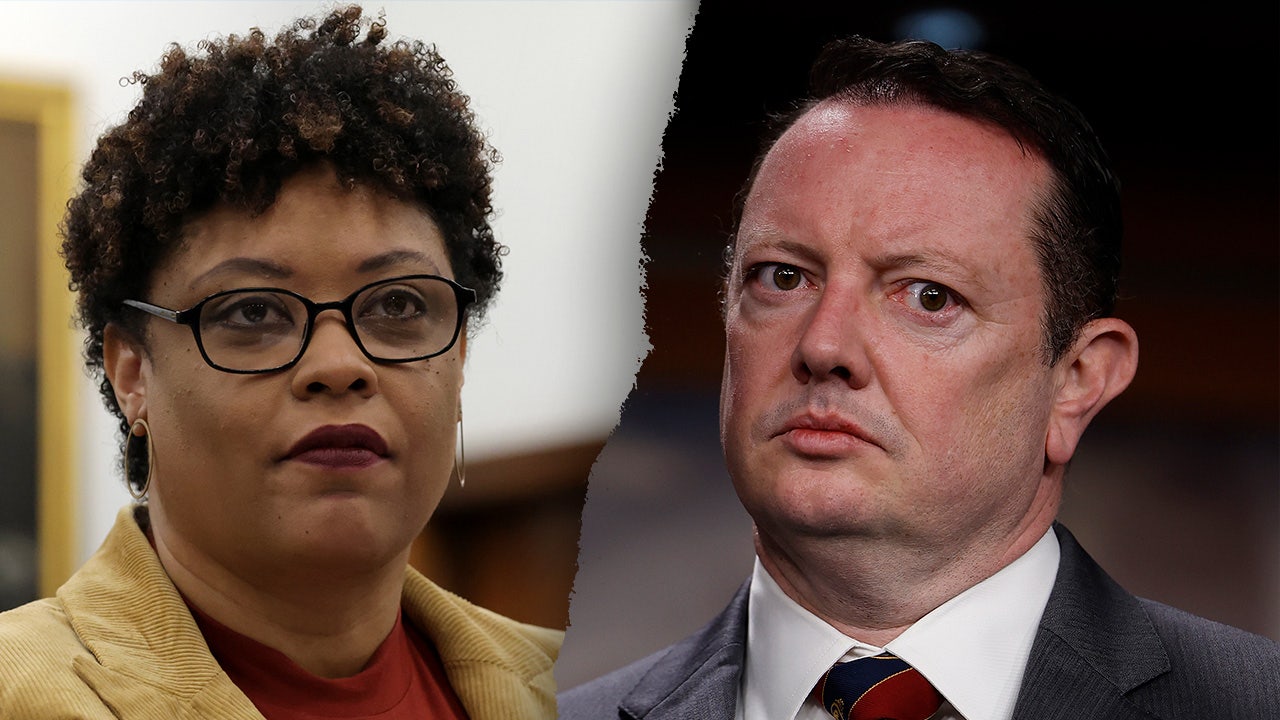Montana
Dry January leaves Montana snowpack at half of normal
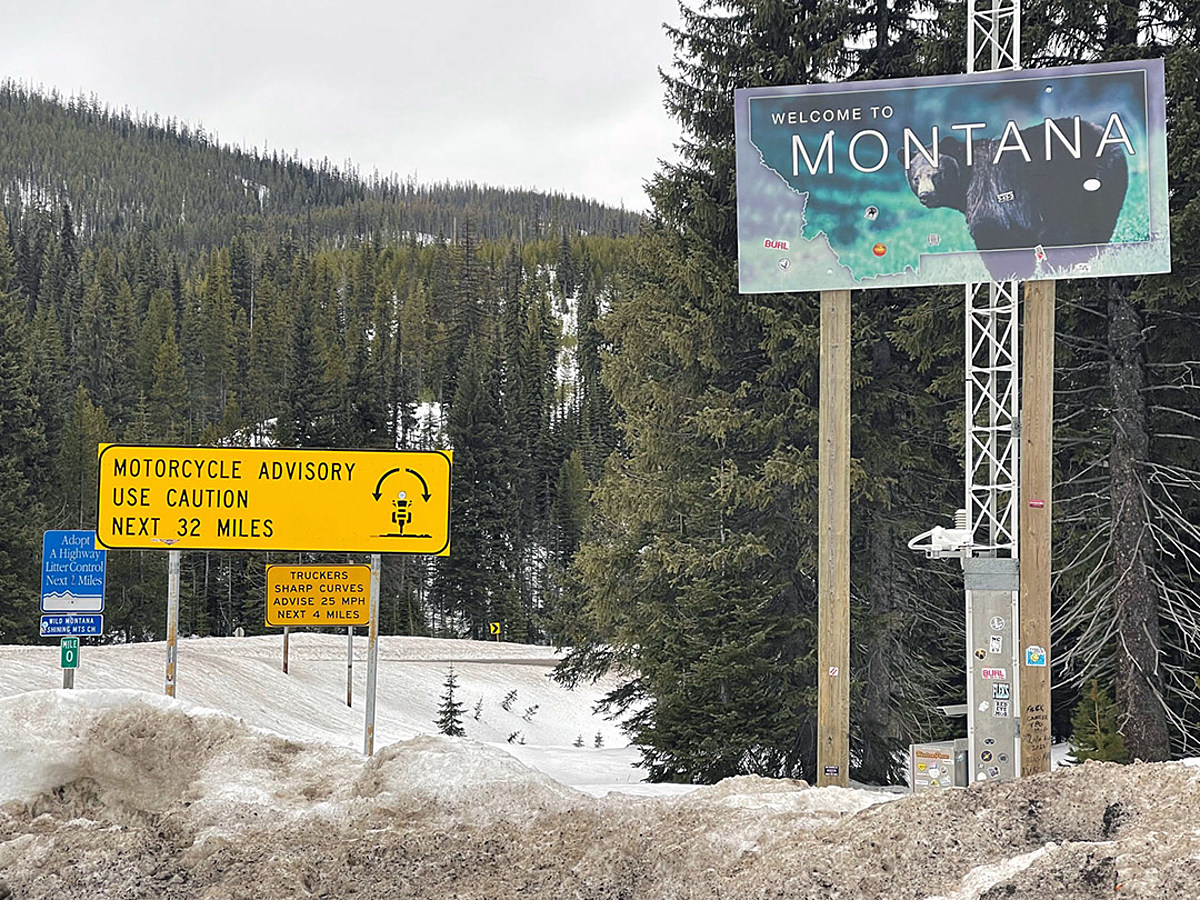
Laura Lundquist
(Missoula Current) While January brought a few snowstorms and a few cold days, it wasn’t enough to improve the winter snowpack, which is still about half of what it should be across Montana.
If you look out across the bare hills around Missoula and are concerned, your feelings aren’t steering you wrong. Precipitation was below normal for the month of January across most of Montana, except for the northeast, according to the U.S. Department of Agriculture Natural Resources Conservation Service.
The upper Clark Fork and Bitterroot basins received around 75% of the moisture that normally falls in January while precipitation in the lower Missouri River basin around Fort Peck was slightly above average. When combined with the previous two months of low precipitation, the upper Clark Fork basin has about 60% of the moisture normally received since Oct. 1, while the Bitterroot basin is slightly better at 67%.
The mountain snowpack is worse, because due to this winter’s warm temperatures, some of that moisture has fallen as rain instead of snow.
The Upper Clark Fork basin has 44% of the snowpack it normally received between 1990 and 2020. The Bitterroot Range has received a little more snow, putting it at 60% of normal. Northwestern Montana is doing the best, but it still has only two-thirds of its normal snowpack, while on the other side of the Continental Divide, the Rocky Mountain Front is suffering the most with just a third of its normal snowpack.
A recent Dartmouth College study was able to connect such reductions in snowpack to climate change.
The lack of precipitation has plunged most of Montana, particularly the west side, back into drought, according to the USDA National Drought Monitor. As of Feb. 1, almost 20% of the state is in severe drought, including the mountain ranges around Missoula and Dillon. Another 20% is in moderate drought. Just one-fifth of the state – a region in the east between the Yellowstone and Missouri rivers – remains free of drought.
Warm winter temperatures aren’t helping the snowpack. Montana did experience a few days of below-zero temperatures during January, which allowed Missoula to set a record low temperature of -17 degrees Fahrenheit on Jan. 15. Kalispell hit a record low of -26 on the same day.
However, last week, daytime temperatures in the valleys around Missoula soared back into the 40s – 4 to 6 degrees above normal – while the nights scarcely dipped below freezing. Central Montana saw daytime temperatures that were more than 10 degrees above normal, according to the National Oceanic and Atmospheric Administration. Lewistown experienced a temperature difference of 106 degrees over about 15 days, jumping from a low of -43 degrees Fahrenheit to a high of 63 on Jan. 30, according to the National Weather Service.
Things may change briefly over the next week but the overall trend of warmer-and-drier is predicted to remain.
Over the next few days, two atmospheric rivers that are spilling off the Pacific Ocean will combine with a low-pressure trough to bring cooler temperatures and some moisture into Montana. However, National Weather Service models indicate the storms could track mainly out of central Idaho across southwest Montana, dropping up to 6 inches of snow in the high mountains. Warm temperatures in the valleys from Kalispell to Hamilton could produce mainly a rain-snow mix.
After that, the two week outlook puts temperatures and precipitation amounts at near normal but the state is predicted to warm up and get drier again through the end of the month. NOAA’s three-month outlook keeps temperatures higher than normal across the northern states, and western Montana could continue to see drier-than-normal conditions.
With about three months of winter-ish weather to go, it’s too early to say whether streamflows will be low due to poor winter snowpack and low soil moisture. But the forecast doesn’t bode well, and many Montanans know the summer may be a tough one.
Contact reporter Laura Lundquist at lundquist@missoulacurrent.com.

Montana
Montana’s attorney general said he recruited token primary opponent to increase campaign fundraising

Montana’s attorney general told supporters he skirted the state’s campaign finance laws by inviting another Republican to run against him as a token candidate in next month’s primary so he could raise more money for the November general election, according to a recording from a fundraising event.
“I do technically have a primary,” Attorney General Austin Knudsen said last week when asked at the event who was running against him. “However, he is a young man who I asked to run against me because our campaign laws are ridiculous.”
Knudsen separately faces dozens of professional misconduct allegations from the state’s office of attorney discipline as he seeks a second term. He made the comments about his primary opponent during the fundraiser on May 11 in Dillon, Montana, according to the recording obtained by the Daily Montanan, which is part of the nonprofit States Newsroom organization.
In the recording, Knudsen is heard saying that Logan Olson “filed to run against me simply because under our current campaign finance laws in Montana, it allows me to raise more money. So, he supports me and he’s going to vote for me.”
Knudsen’s senior campaign adviser Jake Eaton declined to comment on the recording.
Olson, a county attorney in rural northeastern Montana, denied being recruited by Knudsen. Campaign finance records indicate his filing fee was paid by a longtime Republican operative who is also a Knudsen donor.
The state’s campaign finance watchdog agency, the Commissioner of Political Practices, is investigating complaints filed by the executive director of the Montana Democratic Party that allege an agreement between Knudsen and Olson.
Under state law, a person cannot pay or “promise valuable consideration” to another person to induce them to be a candidate, or to withdraw as a candidate.
Democrat Sheila Hogan’s complaints say Knudsen started raising donations exceeding the $790-per person allowed without a primary opponent long before Olson filed on March 11 — the final day for candidate filing.
“Olson is not a legitimate, good faith candidate for Attorney General,” both complaints state.
Eaton, who called the complaint against Knudsen frivolous, said it was “common practice for candidates to accept primary and general contributions and then return the money if there is no contested primary.”
He suggested Democratic Attorney General candidate Ben Alke, a Bozeman attorney, was also accepting more money than what is allowed from individual donors.
However, a search of Alke’s campaign finance reports shows only contributions to his primary campaign.
Knudsen and Olson have until May 23 to respond to the complaints, although Olson has requested an extension, commissioner Chris Gallus said Friday.
Olson has not raised or spent any money in the race, according to a report filed by his treasurer on Friday.
His April campaign finance report listed a debt of more than $1,500 to Standard Consulting of Helena for reimbursement of his filing fee.
“I did pay Logan’s filing fee and helped him file for office,” Chuck Denowh, a Republican operative and owner of Standard Consulting, said in an email Friday. “I did so because he asked me to.”
Denowh has donated $1,580 to Knudsen — $790 each for the primary and general elections.
Alke said the professional misconduct allegations and other actions by Knudsen are why he’s running for attorney general.
Knudsen is facing 41 counts of professional misconduct on allegations his office tried to undermine the Montana Supreme Court while defending a challenge to a state law about judicial nominations. The Commission on Practice is scheduled to hear the case in mid-July and recommend whether Knudsen should be punished.
Separately, in early 2021 Knudsen ordered the Lewis and Clark County attorney to dismiss concealed carry weapons charges against a man who allegedly threatened a restaurant manager trying to enforce the state’s pandemic mask mandate. Knudsen’s office later pleaded the case down to disorderly conduct.
In October 2021, a Helena hospital said three unspecified public officials threatened doctors after they refused to treat a COVID-19 patient with ivermectin, a drug for parasites that is not federally approved for the virus. Knudsen’s office later confirmed that he participated in a conference call with hospital executives and that he sent a Montana Highway Patrol trooper to the hospital to talk with the patient’s family after they claimed mistreatment — something the hospital denied.
“This sort of conduct from the chief legal officer and law enforcement officer of the state of Montana is inappropriate and I hope people are paying attention because this is just one of several issues with Austin Knudsen,” Alke said Thursday.
Montana
Q&A: Roger Roots, Libertarian Candidate for Clerk of the Montana Supreme Court

We are gathering information from all statewide candidates as a resource for the 2024 Primary Elections. Responses were limited to 200 words per question. Political attacks may have been removed, but otherwise, the responses are published unedited.
What is your full name, as it will appear on the ballot?
Roger Roots
What is your age?
56
Where do you live?
Livingston, MT
What is your education background?
High school dropout. B.S. Sociology, MSU-Billings. J.D. & M.C.J., Roger Williams University (Rhode Island); Ph.D., Sociology, UNLV.
Please list your current and previous occupations.
Currently a criminal defense lawyer. Formerly a professor of criminal justice and sociology. Also founder of Lysander Spooner University.
What motivated you to seek the office of Clerk of the Supreme Court ?
Intrusive, expansive government is the greatest threat faced by all mankind. Government is the greatest source of danger and violence in the lives of most people on earth. Governments murdered at least 70 million of their own people during the 20th century; and probably many more. [EDITOR’S NOTE: MTPR could not find evidence supporting this claim.] Since the late 1990s I have been an active Libertarian, seeking to educate and alert people to the evils of government.
What experience do you have in filing, storing or managing court records?
I have been an active lawyer since 2003 and am quite familiar with court clerical duties and operations.
What role does partisanship play in the office of Clerk of the Supreme Court?
It shouldn’t play much role at all. As clerk of the Supreme Court, I will always look out for the freedoms of the people of Montana as my highest priority.
Do you think there are ways the office of Clerk of the Supreme Court can improve?
Yes. There are times the Clerk must act as a check on the Supreme Court itself. As Clerk I will make sure the Court is always open for the people’s grievances.
What role should the Clerk play in the operations of the Montana Supreme Court?
The most important role is smoothness and efficiency. The Clerk must also act to protect Montana citizens from the Court, at times. The Clerk must, of course, serve the justices; but first and foremost he must serve the people of Montana.
Montana
Montana’s First Congressional District candidates: Dennis Hayes

BOZEMAN — Continuing our look at candidates for Montana’s Western Congressional District, we meet a Bozeman man running on the Libertarian ticket. MTN’s Kristin Merkel introduces us to Dennis Hayes.
“Because of all the corruption that’s in this government and in the court system, the Forest Service, the BLM—there is too much corruption and too much stealing American taxpayers money.” — Dennis Hayes
Libertarian Congressional candidate Dennis Hayes from Tulsa, Oklahoma is running for a spot in Congress to investigate what he believes is corruption from several organizations and government entities.
“I’m going in to start investigating the Forest Service. I’m going to investigate the BLM. I want to investigate the court system, because I’ve been to court on this, and I’ve seen how corrupt the court systems are,” Hayes said. “And even with the illegals and stuff, this government is giving our money away to illegals and to different countries, and they don’t have the right to do that.”
See more MTN interviews with the candidates in Montana’s First Congressional District race:
Hayes says his campaign strategy is all word of mouth.
“Free publicity—I’m on Social Security, don’t have any money. I’ve had people wanting me to run, so that’s why I’m running. Because I’m a small minor, and I’ve been having problems with the Forest Service on their corruption and the corruption of the BLM.”
The primary election for the Congressional seat is on June 4.
The Libertarian ballot also has Ernie Noble listed as a candidate. MTN News was scheduled to interview him, but he did not show and has not returned our calls.
Election website Ballotpedia has him listed as unofficially withdrawn, but according to the Montana Secretary of State, he has not withdrawn through its office.
-

 Politics1 week ago
Politics1 week agoRFK Jr said a worm ate part of his brain and died in his head
-

 World1 week ago
World1 week agoPentagon chief confirms US pause on weapons shipment to Israel
-

 News1 week ago
News1 week agoStudents and civil rights groups blast police response to campus protests
-

 World1 week ago
World1 week agoConvicted MEP's expense claims must be published: EU court
-

 Politics1 week ago
Politics1 week agoCalifornia Gov Gavin Newsom roasted over video promoting state's ‘record’ tourism: ‘Smoke and mirrors’
-

 Politics1 week ago
Politics1 week agoOhio AG defends letter warning 'woke' masked anti-Israel protesters they face prison time: 'We have a society'
-

 News1 week ago
News1 week agoNine Things We Learned From TikTok’s Lawsuit Against The US Government
-

 Politics1 week ago
Politics1 week agoBiden’s decision to pull Israel weapons shipment kept quiet until after Holocaust remembrance address: report
